Why does your business exist? What is its purpose?
For a lot of small business owners, the answer goes something like this: “My business’s purpose is to use my skills so that I can pay my bills.”
It’s an honest answer that can get you started. But if your purpose is only ever paying the bills, you run the risk of becoming another Kodak.
For generations, Kodak ruled the world of photography. They led the charge from dry plates to film and black and white to color. And in the 1970s, one of their researchers invented something revolutionary: the digital camera.
But instead of celebrating this feat, Kodak’s executives got scared. Their whole business model rested on selling film. So, while their competitors started creating their own digital cameras, Kodak kept focusing on film, emphasizing in their marketing how special it was to hold a physical photograph. By the time they realized digital cameras were not going away, it was too late to catch up, and the company went bankrupt in 2012.
Kodak failed because they lost sight of their original purpose: helping ordinary people use the magic of photography to capture life’s special moments. Instead, they put all their focus on money.
When a new technology threatened their money-making model, they doubled down in marketing the same products. They stopped listening to customers, and they went out of business.
The Power of ‘Why’
In the business world, paying the bills is important, but it won’t help you innovate as customers’ needs change. It won’t inspire you when you have a rough year.
Author Simon Sinek went deeper in his 2009 TED Talk: “People don’t buy what you do,” he says. “They buy why you do it. If you talk about what you believe, you will attract those who believe what you believe.” Your “why” is how you draw people into your business in the first place.
Let’s look at a couple examples:
REI: At first glance, REI is just another store that sells hiking boots. But their stated purpose is “to awaken a lifelong love of the outdoors, for all.” That purpose drives the quality of products they sell, their year-long return policy and their choice to close on Black Friday so people can go hiking. The result is a deep loyalty from customers who consider REI to be key to their outdoor experiences.
Hearon Construction: Now let’s talk about a small business. Hearon Construction’s purpose is “to help people create a space they love and enjoy.” They believe your home should be your haven, and that shows when they help a couple fix their badly built deck or think through which screened enclosures are easiest for residents to clean. Their purpose drives them to create a safe, easy experience that homeowners crave.
When you look at both of these companies’ websites, their purposes come through clearly. They aren’t just selling products and services. They’re communicating who they are at the core, beckoning to people who share the same values and dreams. Your website, emails, social media and other messaging should do the same.
Creating a ‘Why’ Statement
So, how do you determine your “why”? First, it’s important to realize that this is not the same as your mission statement. It’s not what you do or how you do it; it’s why. In Start with Why, Simon Sinek suggests using this format to create your purpose/why statement: “To ____ so that _____.”
For example, a dental office’s purpose might be, “To provide high-quality treatment in a caring environment so that patients can experience lifelong dental health without fear.”
With that framework in mind, consider these questions.
- Why do you do what you do? You don’t have to run a business. And you certainly don’t have to run your specific business. So, why do you? What inspired you to get started? What makes you say, “This is why I left my job to start this thing”?
- What are your business’s core values? What values drive the way you do your work? What do you want to be known for? At the heart of your business, how do you want to be different from your competitors?
- What core philosophy drives your business? In his book Building a Storybrand, Donald Miller suggests thinking in terms of “ought” and “shouldn’t.” For one travel agent, it was, “Because summer should be remembered forever.” For Hearon Construction, it’s “Your home should be your haven.”
Once you have your “why” statement, take a look at your marketing. Does your purpose come through on your website? In your emails? In your brochures and other materials? You can ask current customers these same questions.
While you may not give your “why” statement in every piece of communication, it should still come through clearly in the way you talk and what you talk about. If it doesn’t, take a moment to ask what you might be unintentionally communicating instead.
If this exercise reveals some holes in your marketing plan, we’d love to help you fill them. Send us a message at the bottom of this page to create a marketing plan with purpose!

